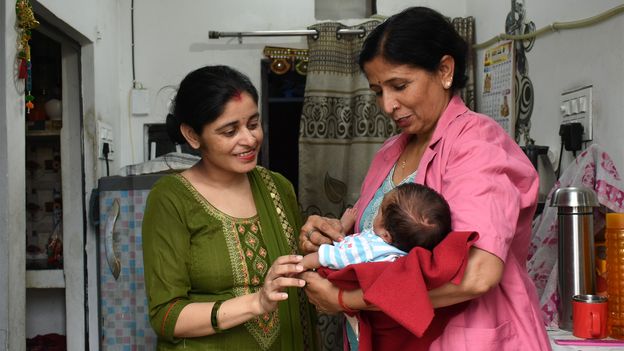Desperate Measures: Filipino E-Waste Workers Risk Health for Survival

Manila, Philippines – For Dexter Barsigan and countless others in the Philippines, the immediate need to feed their families outweighs the long-term health risks associated with dismantling electronic waste (e-waste). For the past 13 years, Barsigan has toiled with his bare hands and simple tools like pliers, meticulously stripping scrapped laptops, air conditioners, and other discarded electronics for the valuable metals within. This painstaking process, a lifeline for many impoverished families, exposes workers to a cocktail of hazardous substances, including lead, mercury, and cadmium.
The Philippines has become a major destination for e-waste from developed nations, often mislabeled as recyclable materials. This influx has created a shadow industry of informal dismantling, where workers like Barsigan operate in precarious conditions, lacking protective gear and proper training. The lure of earning a few pesos by selling the recovered metals to local junk shops is often the only option for families struggling to survive.
“It’s a difficult choice, but we have no other way,” Barsigan explains, his hands calloused and stained from years of handling toxic materials. “We know it’s dangerous, but what else can we do? We need to put food on the table.” His story is echoed by many in communities across the country where e-waste dismantling is a common, albeit hazardous, occupation.
The Hidden Health Costs
The health consequences of this work are devastating. Prolonged exposure to e-waste toxins can lead to a range of serious illnesses, including respiratory problems, neurological damage, kidney failure, and cancer. Children are particularly vulnerable, as their developing bodies are more susceptible to the harmful effects of these chemicals. Studies have shown alarmingly high levels of heavy metals in the blood of e-waste workers and their families.
A Complex Problem, No Easy Solutions
Addressing this crisis requires a multifaceted approach. Stricter import controls are needed to prevent the illegal dumping of e-waste in the Philippines. International collaboration is crucial to ensure responsible e-waste management practices globally. Providing alternative livelihoods for e-waste workers, such as skills training and access to microfinance, is essential to break the cycle of poverty and dependence on this dangerous industry. Furthermore, raising awareness among consumers in developed countries about the environmental and social impact of their discarded electronics can help reduce the flow of e-waste to vulnerable nations.
While regulations exist, enforcement remains a challenge. Corruption and a lack of resources often hinder efforts to hold illegal e-waste traders accountable. The informal nature of the dismantling operations makes it difficult to monitor and regulate the industry effectively.
Hope for a Safer Future?
Despite the daunting challenges, there are glimmers of hope. Some NGOs and community organizations are working to provide e-waste workers with basic safety training and protective equipment. Efforts are underway to promote formal e-waste recycling facilities that offer safer working conditions and better pay. However, these initiatives are often underfunded and lack the scale needed to address the problem effectively.
The story of Dexter Barsigan and the thousands like him serves as a stark reminder of the human cost of our consumer culture. It highlights the urgent need for a global commitment to responsible e-waste management and a more equitable distribution of resources, ensuring that the pursuit of progress doesn’t come at the expense of human health and dignity.





